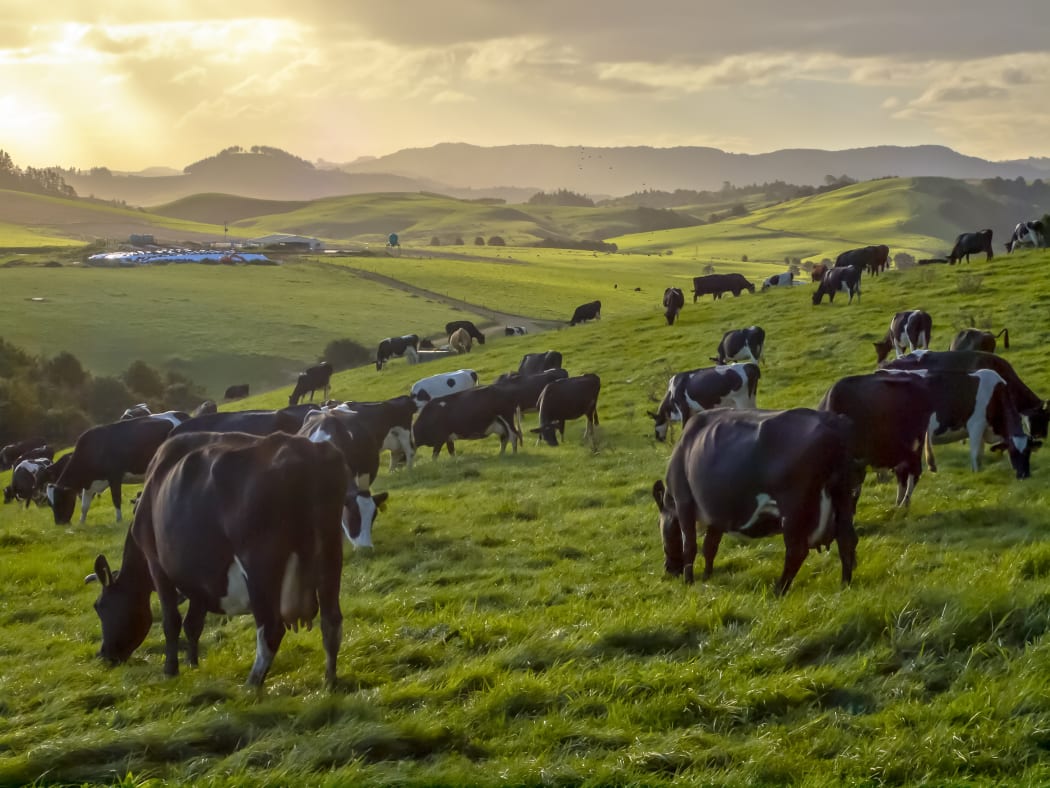
Photo: 123RF
As Covid-19 spreads around the world, it can be daunting keeping up with the information. For RNZ, our responsibility is to give you verified, up to the minute, trustworthy information to help you make decisions about your lives and your health. We'll also be asking questions of officials and decision makers about how they're responding to the virus. Our aim is to keep you informed.
They're back to number one in the export earning stakes and remain critical to our food chain, so what can farmers get up to during the Covid-19 crisis?
Here are some of their questions:
I manage a small farm and at present the animals need water taken to them because the dams that supplied their troughs are dried up. We are also moving electric fencing every few days to give them pasture to graze on. Can I and my two regular part-time farm workers carry out this work? We have modified our work practices already and travel around the farm in separate vehicles and maintain distance between ourselves when out of the vehicles.
If you are a food producer for either domestic or export consumption, i.e. an essential business, you can continue to work to ensure the health and safety of your stock and property so supply demands can be met. Larger farms, those with more than 5 employees, should register with the Ministry for Primary Industries (MPI) to ensure they are meeting the necessary safety rules. It sounds like you are already taking the many precautions they have suggested. Most important is keeping the two metre distance and regular washing of hands.
Can I travel from home to get to work on the farm?
Most definitely, but you should carry a letter with you from your employer to say you work in an essential business. This can be used to prove you are helping keep us all fed if pulled over.
My husband works in a food packing plant. It's very hard for them to always keep two metres away from each other. What should be happening?
MPI and the Ministry of Health have advised that where two-metre distancing can't be maintained then alternative ways of working to keep employees safe should be considered. These include shift-based working, staggered meal breaks, flexible leave arrangements and providing personal protective equipment. Again, staff should continue to take basic steps like regularly washing hands.
Is transporting stock within my property OK?
Of course.
- If you have symptoms of the coronavirus, call the NZ Covid-19 Healthline on 0800 358 5453 (+64 9 358 5453 for international SIMs) or call your GP - don't show up at a medical centre
What about if I need to move animals to a secondary property?
If this is needed to help keep your stock safe and well and ensure the food chain is supplied then it is OK. You need to make sure there is no direct contact between yourself and whoever is doing it. Keep that two metres. If using a transporter, they should be able to explain their own mitigation techniques. If you are driving the animals then continue to stay away from other people. And, yes, keep washing those hands.
With sale yards closed, how do I sell my animals?
MPI says farmers will need to look at alternative means of selling, such as online and paddock sales. Transport of animals between properties and meatworks can be arranged with your stock carrier. Again, they should have rules in place to prevent direct contact between people.
Are home kill operators allowed to operate?
They are considered an essential service and should work with social distancing rules in mind. There can be no retail sales to the public.
*If you have a question you'd like us to try and answer, email glen.scanlon@rnz.co.nz
Read more about the Covid-19 coronavirus:


